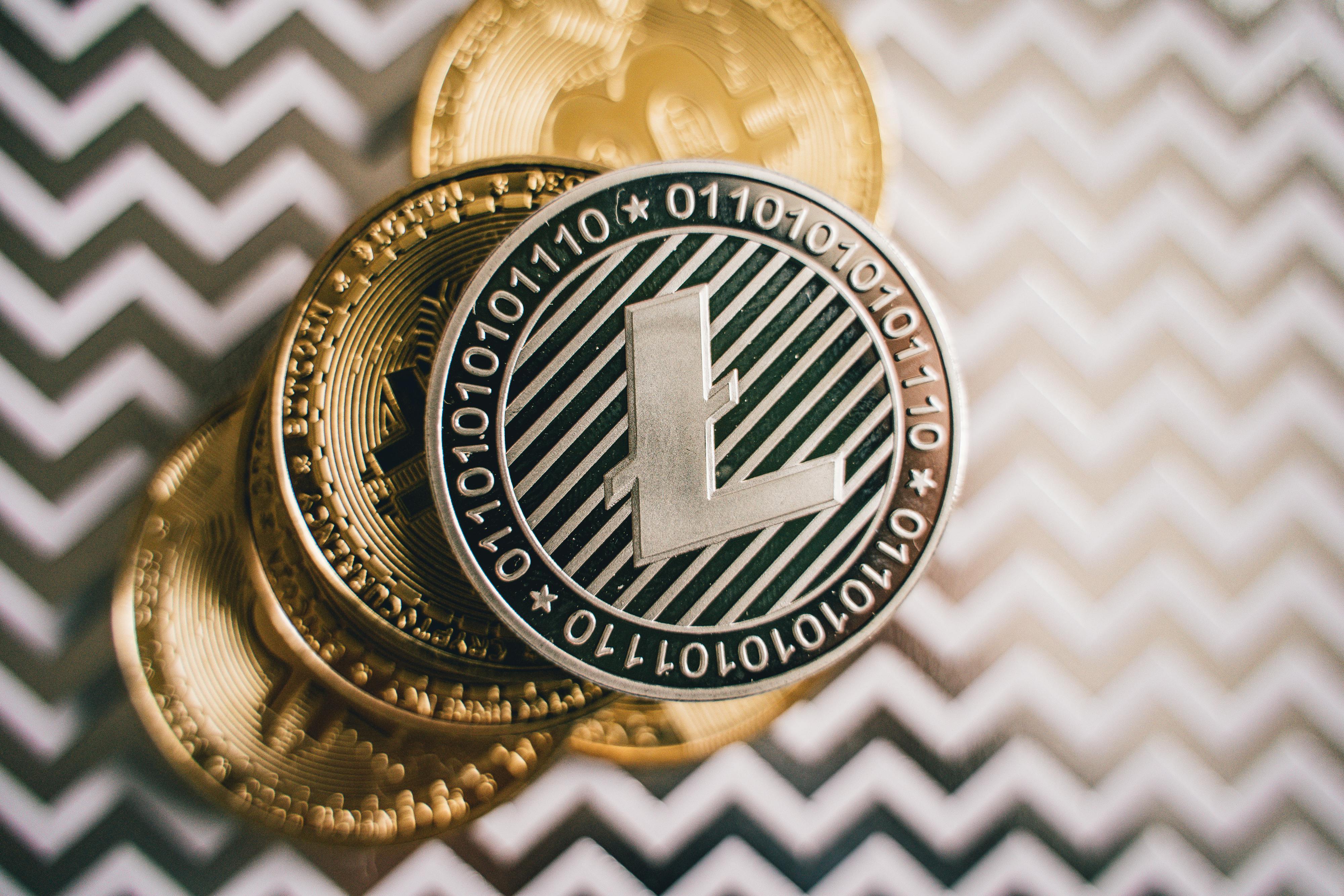The third edition of the IPL tournament is in its final stage and the teams are battling it out in the heat and dust. Batsmen find it easier to sweat a lot than run. Teams seem to have an uncanny affinity for the number “12” as five teams seem to be locked into this magical number of points. The stadiums seem full, at least in Bangalore, Chennai, Mumbai, Kolkata and Delhi. TRPs are skyrocketing, IPL after party tickets are selling for Rs 50,000 if the rumors are to be believed. But things are not as pretty as they should be. The attention slowly but surely shifted from cricket to franchisee holdings, bribery, smears and more, taking its toll on Shashi Tharoor. Reports say that Lalit Modi will also be forced to resign. In short, whatever is going on with the induction of new teams is, to borrow a phrase as old as the game, “just not cricket.”
IPL a revolutionary brand
I have no doubt that IPL definitely revolutionized the face of cricket in India and the world. It’s an idea whose time had come, and whether the inspiration was Kerry Packer, the NBA, American baseball, or the fact that twenty-twenty cricket was, like David Warner, waiting to explode, the concept took off. It was brilliantly presented, wonderfully promoted and successfully executed, even if it was a bit “in your face” for my tastes. But let’s give Lalit Modi his due for creating a global brand in a very, very short period of time.
The western world tried to ignore this for a while, and then grudgingly had to agree even when their own players rushed in to be a part of it. Even if many of the global players sitting on the sidelines like our software engineers of yore didn’t seem to care. The unique combination of Bollywood, team owners crying in the stands, cheerleaders having no idea who was playing, aging cricketers showing their younger counterparts a thing or two, be it the zooter or the mongoose bat, some standouts. India’s emerging talent, some close endings, some impressive innings, some shocking flowers all contributed to the enormous success of the format.
Too, too soon?
While JM Keynes said that in the long run we are all dead, Jack Welch said that while any fool can make money in the short run (and I am paraphrasing here) and any fool can make money in the long run, it takes real skill. make money both long and short term. There is no denying the phenomenal success of IPL in the short life it has had thus far. Not only has he built a following (if not for local teams), but he’s gotten people to buy hugely expensive tickets and advertisers to buy dubious advertising properties at outlandish prices. The climate is already being created for ad rates to reach an all-time high. For the upcoming IPL, the world’s Max mobiles and Karbonn mobiles are already smacking their lips with anticipation, even if I’m dreading what’s in store for me soon.
Lalit Modi must easily be the most photographed and televised person in the country (Shah Rukh Khan, kindly excuse me) as every newspaper, TV channel and website seems to either love him or hate him. There are no half measures with our man, right? In fact, if we were to do a “voice share” analysis, compare and contrast the coverage that Lalit Modi has with, say, a gentleman named Manmohan Singh, who holds the title of Prime Minister of the country, the latter would be a distant second place. This, of course, is a comment on the sad state of news coverage in this country which I’ll get to later, but let’s stick with the IPL brand and the current mess it seems to have gotten itself into.
Trouble in God’s Own Country
Kerala is an absolutely lovely place to visit and vacation. But despite Shashi Tharoor’s overt and often misplaced enthusiasm for the place as a business destination, investors have been reluctant to go there, and I think it is irrelevant (at least to this author) to find out whether perceptions of investing here are right or wrong. But I have no doubt that the latest investment by an IPL franchisee has put the cat among the pigeons.
It has all the makings of a media cauldron. An affable and sophisticated minister who tweets out issues with the ease with which the Indian team used to get into corners; a lady of whom the media say that she is close to the (now ex) minister and that she has sweat capital in the company; owners who are not as well known as some of the other franchise owners; rumors that a current cricketer is part of the team; an accusation from the CEO that Lalit Modi offered him a bribe (the indiscreet expression of which has already cost him his job); Lalit Modi’s tweets about the uncertainty of the owners, allegations and counter-accusations flying, questions about the original franchisees… Thank God the newspapers only have 16 pages!
One of my learned clients made a very interesting observation. He said that previously in the news capsules he had clearly delimited time slots for different aspects: local news, international news, sports, entertainment, etc. But if you look at today’s broadcast, it’s all about entertainment and sports, and if the news doesn’t entertain, it won’t. Well, the IPL is certainly entertaining, and the franchisee’s confusion is certainly entertaining, but what about the brand that had a chance to be an icon in the future?
controversy is king
A few years ago I was teaching some international students from the UK who were visiting IIM, Bangalore. I showed them the Fair and Lovely flight attendant commercial, telling them it had been controversial and she had to take it off the air. They were very excited because the controversies, they said, kept the brand in the news and valued in the UK. It was also interesting to read the opinions of some advertisers today, who said that the controversy is good for the IPL brand. Unfortunately, I do not agree. It is true that brands reflect the personality of their owners. Kingfisher represents the “king of the good old days” and what better exponent of the good old days than Vijay Mallya. But that example is different, as it’s a pretty good beer, it has the right image, and as long as the climate in India remains as healthy as it is (!), the brand will do great.
IPL is a different fish pot. Lalit Modi is someone you either love or hate. Without the benefit of formal market research, I can only say that he seems to have upset an enormous number of people, and he is the IPL brand, at least for many of us. And while being in the news is great, I’m not sure if hitting the headlines with a tax raid on your offices is great publicity for your brand.
circumspection is the key
Lalit Modi risks being caught in an uncovered wicket the day after overnight rain. Her brand is under scrutiny. She should try to hit like Jack Hobbs or Geoffrey Boycott with an eye on the ball. Sadly, she’s hitting like Robin Uthappa. I’m sure she has the confidence to handle anything, after all, Indian businessmen believe they can handle anything, including the law. But you should think about the brand you’ve built so quickly, and a brand that is the envy of the world. The marks are hard to build and easy to dent. They are like fine pieces of glass that need careful handling, even love and care.
It is the moment of objectivity, for Lalit Modi. It’s time to tweet less and it’s time to think more. A time not to fight someone else’s political battles, but a time to remember the things that made IPL such a phenomenal success and go back to basics. This is entertainment in sports, not in newsrooms and TV studios. It is again a time to look at the consumer. Lalit Modi would do well to remember that there are many people who wish he would fail and he must prove them wrong, not just for their own sake but for the sake of the brand he has single-handedly built.
Going to? He won? Only time will tell.




Recent Comments